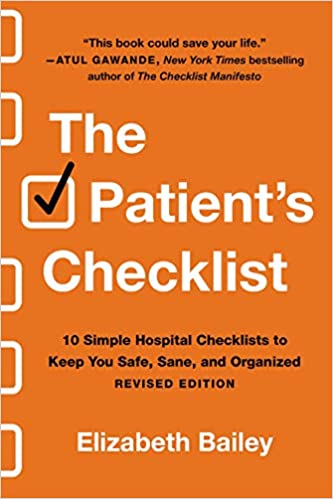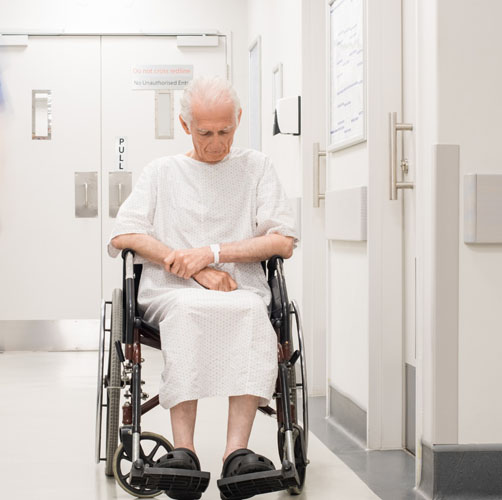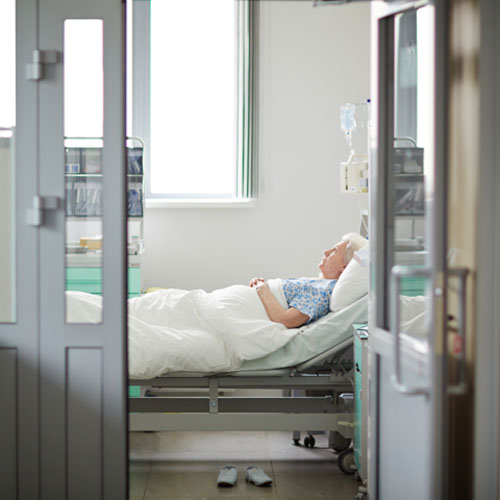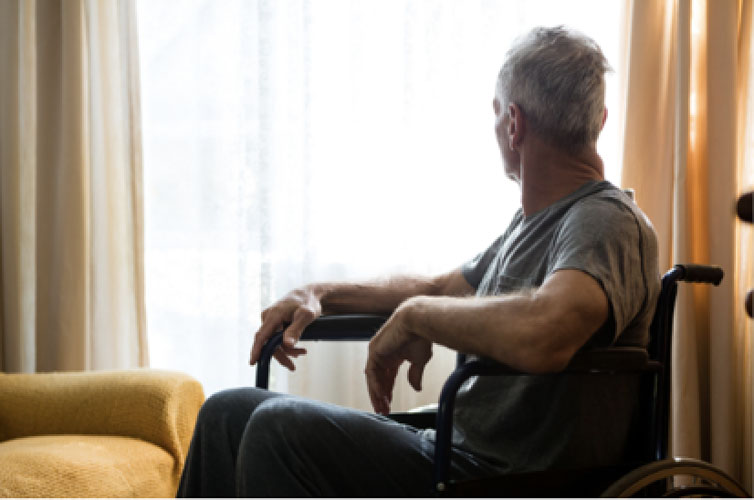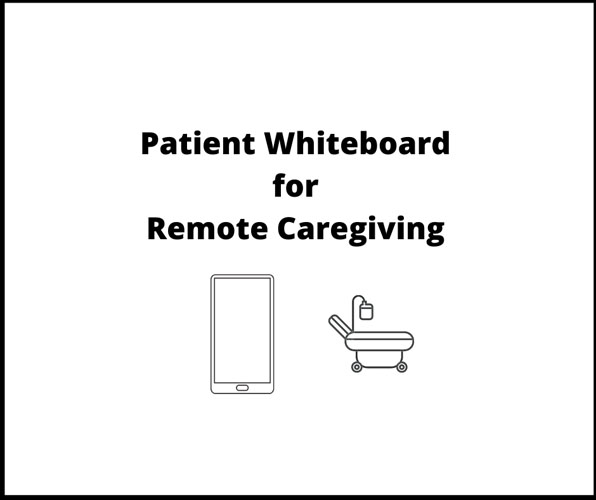
Leaving the hospital for home is always a stressful time. It is especially so now. Effective discharge planning is even more critical during the pandemic when hospitals have been overwhelmed. Restrictive or zero visitation policies mean all patients, both Covid and non-Covid, are alone in the hospital as their families struggle to connect with overburdened frontline staff over the phone.
Sharing information is the foundation for safe patient-centered care and now endangered because the virus has created the perfect storm for breakdowns in communication and collaboration between patient, family, and the hospital team.
Hospital Training
The phone is a poor substitute for face-to-face communication, especially as an overstretched staff has limited time to connect with worried caregivers. When family can be at bedside, conversations happen. Nurses have the opportunity to teach about medication, wound care, and all the other tasks that may be important factors in-home care. With remote caregiving now the new norm, families have few meaningful moments to advocate with the hospital team for the resources their loved one might need for a safe home discharge.
My family experienced these obstacles to the important flow of information necessary for a safe discharge when my husband was hospitalized, after a terrible bike accident, for five days – alone. The virus was surging in our area so no visitors were allowed in the hospital at all. On the day of his discharge, I had only one very rushed phone conversation with a nurse about the ongoing care my husband would need at home. It was hard for me to imagine the wound care I would need to do daily for his back when I couldn’t see it.
My husband was also in a neck and arm brace, and would be for several weeks. I would adjust these daily – tasks described to me over the phone. I was nervous and scared often during his first few weeks at home when he was in pain. I simply did not feel confident that I had been properly educated in the caregiving he would need and it created a tremendous amount of stress.
Planning For Hospital Discharge
And even with an advocacy practice that helps patients and families navigate hospitalizations, I was ill-prepared to contend with the impact of zero visitation on the ability to communicate with the hospital team, understand the medical situation and share in decision making. I used my own experience to create this discharge checklist for pandemic times – when isolating all patients may be the new norm.
This checklist provides a list of questions for patient and family to help you think about what you need to plan for a discharge to home when time with staff is very limited and information is exchanged over the phone.
This post is part of a four-part series about hospital discharge during the time of Covid.
Download here.
Discharge Planning Checklist During Covid:
- What day will I be discharged?
- Who is my hospital discharge planner and how soon can we meet?
- Make sure your family or designated caregivers are involved in every conversation about your hospital discharge. Ask that they be on speakerphone if they cannot be with you in person.
- Get your discharge instructions in writing with all important contact numbers.
- Make sure you and your family understand your medications and their schedule. Have any medications changed?
- Ask if your prescriptions will be filled so you can take home at discharge.
- Are follow-up appointments needed? Who will organize them for you?
- Will you need special medical equipment at home – a hospital bed, commode, etc.? Who will organize this, when will it be delivered and what is your out of pocket?
- Will you need skilled nursing, physical or occupational therapy, or a home health aide? How long will you have these services and who pays for this?
- Will you need to follow a special diet and if so, for how long?
- Will your activities be limited and if so, for how long?
- Will your family caregivers need to handle wound care and other medical tasks? If so, how and when will they be properly trained?
- You and your family need to be able to express any concerns and talk about what resources might be needed at home for a safe discharge.
- If you don’t have friends or family to help at home, what will the hospital put in place so you are safe at home?
- What should you do if there is an emergency? Who should you call? What might be symptoms that need immediate attention? How will pain be managed?
Let’s connect on social! I’m on Twitter, Facebook, and LinkedIn, or by email at [email protected]. Purchase your copy of The Patient’s Checklist here!
